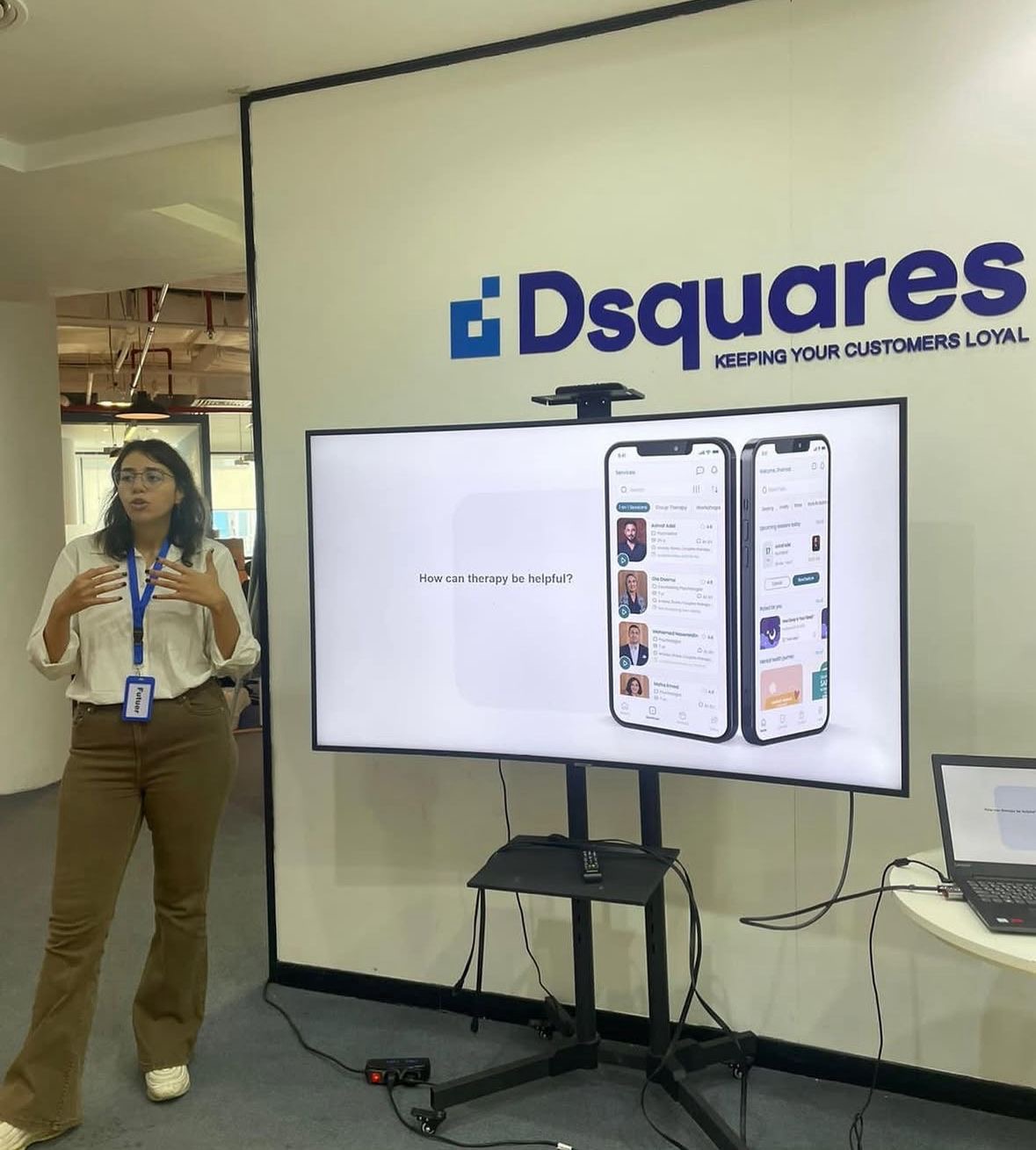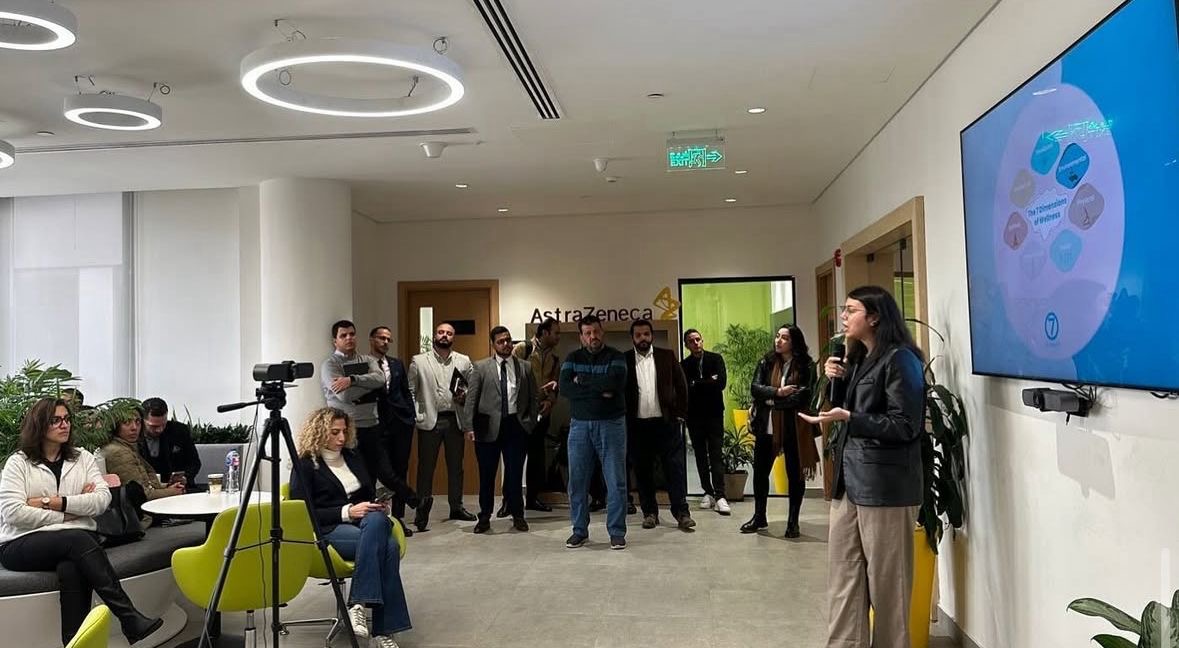In an era marked by rapid change and increasing complexity in workplace environments, the role of organizational psychology is becoming ever more critical. Understanding how to optimize human behavior within organizations can enhance productivity, improve well-being, and create healthier work cultures.
To gain deeper insights, Yasmin Refaei and Roba Gamal Abouali spoke to Egyptian Streets about the evolution, significance, and future of this burgeoning field.
The Essence of Organizational Psychology
At its core, organizational psychology is the scientific study of human behavior in workplace settings. Refaei, a Corporate and Organizational Psychologist and Wellness & Culture Lead at TTM Associates, a global consulting firm in London, describes it as a discipline that focuses on how individuals, teams, and systems function within organizations.
“Organizational psychology aims to enhance performance, well-being, leadership effectiveness, engagement, and overall organizational health,” she explains.
Refaei outlines several key principles of this field, which are grounded in evidence-based research and include motivation, emotional intelligence, communication, and organizational culture, to name a few.
These elements have practical applications that create more productive, inclusive, and humane work environments.
Abouali, an Industrial and Organizational Psychologist at O7 Therapy, a mental health company operating in Egypt and Saudi Arabia, echoes this sentiment, stating, “Organizational psychology helps leaders understand why teams become dysfunctional, why cultures succeed or collapse, and how to create psychologically safe environments.”
Educational Foundations
Both psychologists emphasize the importance of a solid educational background in pursuing a career in organizational psychology. A Bachelor’s degree in Psychology is a typical starting point, followed by a Master’s degree specializing in Organizational Psychology or a related field.
Refaei mentions that due to the limited availability of specialized programs in Egypt, she earned her master’s degree from The American College of Greece. Similarly, Abouali completed her psychology degree at the American University in Cairo and a Master’s degree in Industrial and Organizational Psychology from the American College of Greece.
Evolving Demand and Workplace Dynamics
The demand for organizational psychologists in Egypt is witnessing a significant increase, particularly in light of the disruptions caused by the COVID-19 pandemic.
“Companies have become aware of the impact of mental health and workplace culture on productivity and retention,” Refaei notes.
Refaei suggests that the pandemic accelerated conversations around employee well-being, psychological safety, and resilience, prompting organizations to adopt more psychologically-driven, people-centered strategies.
Abouali highlights that this shift has transformed organizational psychology from being a human resources (HR) “nice to have” into a strategic necessity.
“The understanding that well-being and performance are interconnected is driving greater investment in employee well-being initiatives,” she points out. Multinationals, in particular, are increasingly focusing on sustainability, engagement, and culture transformation, indicating a maturation of this field in Egypt.

Roles and Responsibilities of Organizational Psychologists
Organizational psychologists have diverse responsibilities, reflecting the multifaceted nature of their roles. Refaei outlines several key responsibilities, including designing and implementing employee well-being programs, conducting organizational assessments, and supporting leadership development.
She also emphasizes the importance of creating psychologically safe and inclusive work environments, which are critical for fostering employee engagement.

Abouali adds that organizational psychologists also provide career counseling, design mental health strategies tailored to organizational needs, and assess organizational culture.
“Our work spans various activities, from conducting mental health assessments to redesigning employee journeys,” she explains.
These efforts are geared toward enhancing workplace satisfaction and ensuring employees feel valued and connected to their organization’s mission.
Challenges in the Field
Despite the increasing relevance of their work, organizational psychologists in Egypt face several challenges. Refaei and Abouali both highlight a general lack of awareness about what organizational psychology truly entails.
Many individuals mistakenly equate it solely with HR or view it as merely a series of training sessions. This misconception often leads to underestimating the depth of the issues that organizational psychologists address.
Abouali notes the stigma surrounding mental health, particularly in corporate settings, as another significant challenge.
Limited budgets for well-being programs further complicate the ability to implement impactful initiatives. Additionally, both psychologists mention that cultural norms can hinder open communication, making it difficult to gather accurate data on employee experiences and needs.
The Future of Organizational Psychology in Egypt
As organizational psychology continues to grow, several trends are emerging that may shape its future in Egypt.
Refaei anticipates a greater integration of mental health into corporate strategies, with more organizations prioritizing psychological safety and creating inclusive cultures.
“We will see a stronger focus on burnout prevention and sustainability,” she forecasts.
Abouali emphasizes the growing importance of data-driven culture development, suggesting that organizations will increasingly rely on real-time insights to shape their strategies. Additionally, she anticipates a rise in specialized corporate mental health programs aimed at addressing the unique needs of various industries.
Both psychologists are optimistic about the potential for innovation within the field, particularly in developing tailored solutions that address the specific cultural context of Egyptian workplaces. “Organizational psychology is no longer about fixing people; it’s about redesigning workplaces to support the humans inside them,” Abouali shared.







Comments (0)